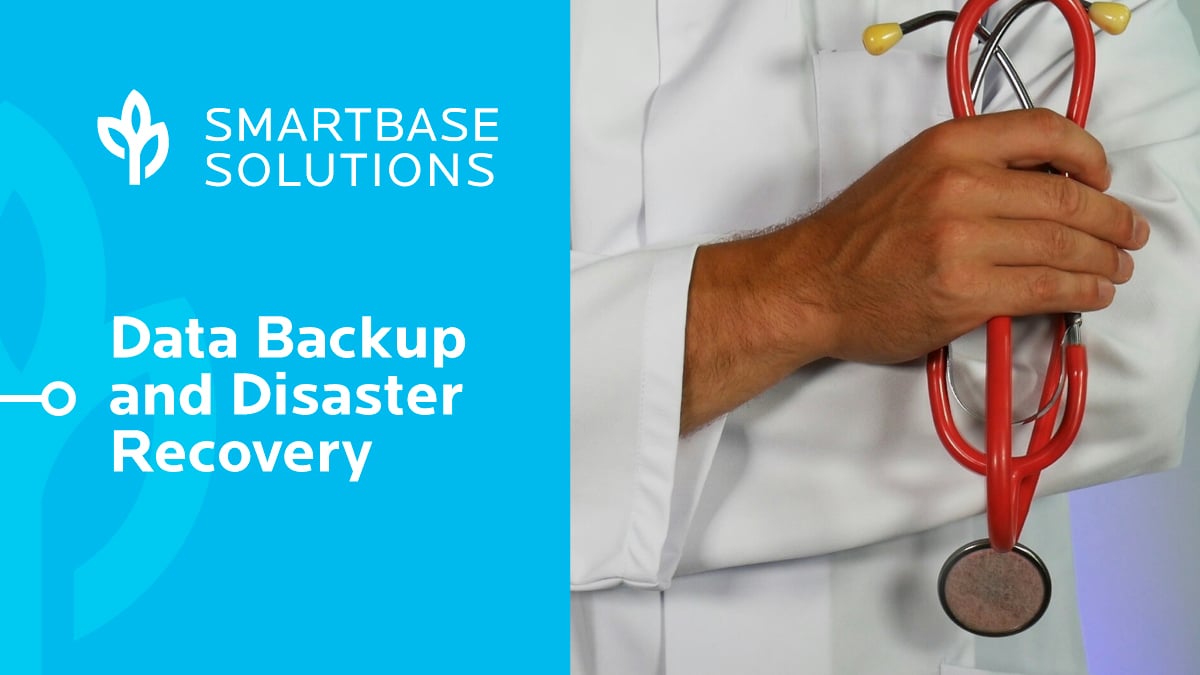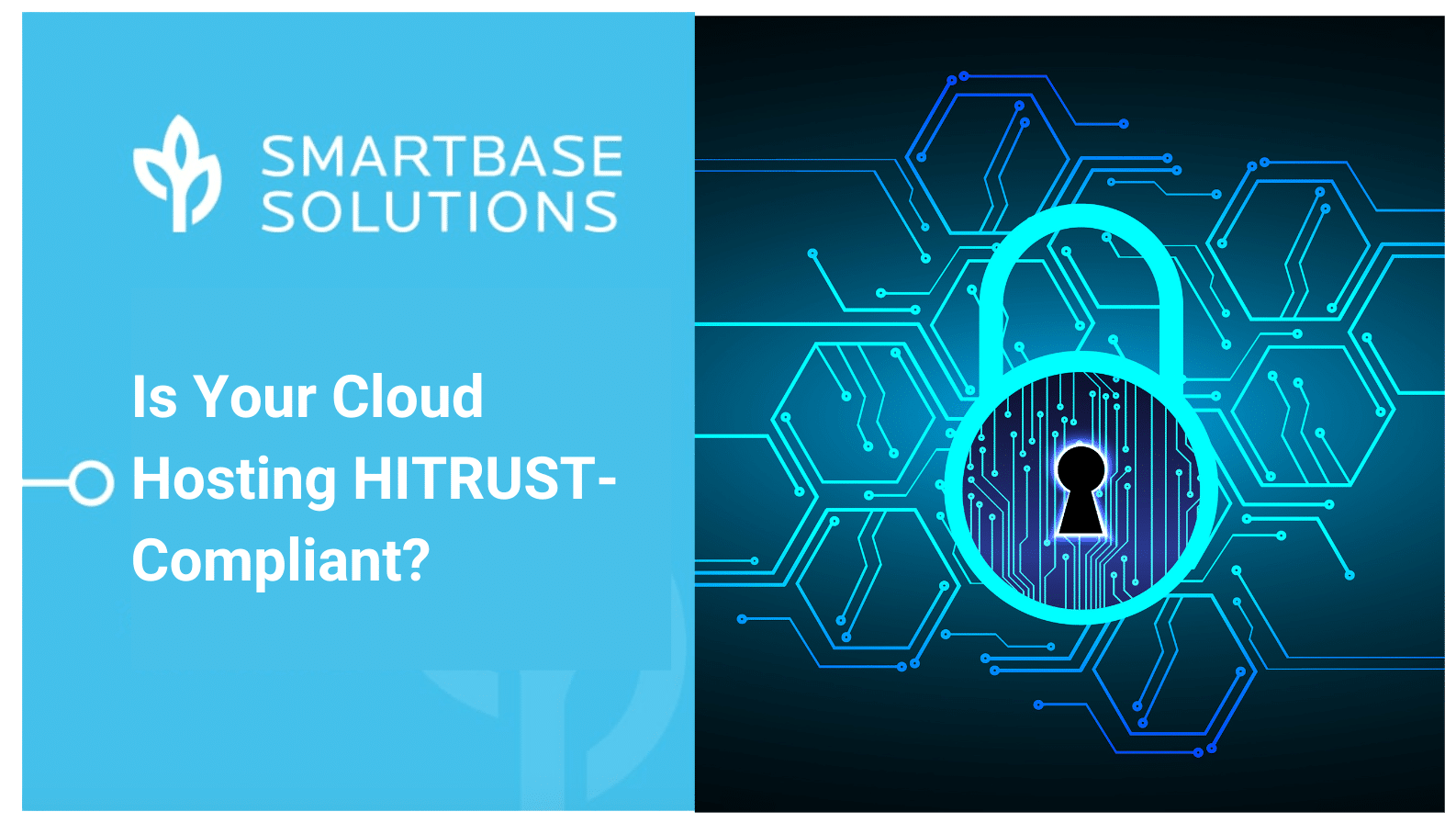Every healthcare organization should use robust data backup and recovery methods to protect sensitive patient information from distribution or disruption. Natural disasters, cyberattacks, system failures, and human error leave all digital data exposed to threats, and medical practices grow increasingly vulnerable as healthcare IT continues to advance.
Furthermore, healthcare organizations must adhere to regulations such as the Health Insurance Portability and Accountability Act (HIPAA) to ensure the confidentiality and integrity of patient data. Medical enterprises may face legal consequences and lose community trust if their data backups fail – or do not exist.
Reasons to Use Data Backups in Healthcare
The healthcare industry uses data backups as a precautionary measure to ensure patient safety, comply with regulations, mitigate cyber threats, and prevent reputation damage.
Patient Safety
Healthcare organizations rely on data backup and disaster recovery to ensure uninterrupted access to patient information. This enables medical professionals to make quick decisions and deliver critical care without interruption.
Regulatory Compliance
Healthcare entities must adhere to stringent regulations, such as HIPAA, which mandates the protection and confidentiality of patient data. By implementing robust backup and disaster recovery strategies, medical practices mitigate the risk of legal penalties.
Mitigating Cyber Threats
The medical industry faces increasing threats from cybercriminals looking to exploit patient data. With regular and comprehensive data backups, healthcare professionals can recover data without further incident, ultimately minimizing the impact of such attacks.
Reputation Preservation
Patients trust healthcare organizations to safeguard their sensitive medical information. Providers implementing robust data backup and disaster recovery measures demonstrate a commitment to privacy and trustworthiness. As such, they preserve their reputation on an individual and community level.
Implementing Best Practices for Data Backups in Healthcare
Healthcare organizations can use data backups to increase the security, integrity, and accessibility of patient information. However, due to the sensitive nature of medical information, health facilities need to take a comprehensive approach.
Hospitals, clinics, and other medical establishments should use these best practices when performing data backups:
Identify All Data Sources
Develop a comprehensive backup strategy that encompasses all critical data and systems – patient records, treatment plans, medical imaging data, billing information, and any other essential datasets. This thorough assessment allows organizations to determine priorities, backup frequency, and recovery methods.
Utilize Diverse Backup Locations
Mitigate the risk of data loss due to local disasters or system failures with a combination of on-site and off-site backup locations. Providers can quickly access data for routine operations and recovery purposes with on-site backups, which is adequate in the event of a digital attack or error. If medical personnel lose access to data at their facility due to a catastrophic event, they can keep patient information safe by backing up to an off-site location. With cloud-based backup solutions, healthcare professionals can access information from anywhere, anytime, regardless of disaster type.
Test and Validate Often
Conduct periodic drills to simulate data recovery scenarios and ensure all recovery procedures function correctly. These tests help identify and address any vulnerabilities or gaps in the backup process. Medical practices can use frequent testing to refine disaster recovery plans and constantly improve response readiness.
Encrypt Backup Data
Prevent unauthorized access, breaches, and compliance violations with data encryption techniques. This way, health data remains inaccessible to unauthorized parties – even if backup files are compromised.
Document Backup Procedures
Maintain meticulous documentation of backup procedures, including schedules, configurations, and recovery protocols. Clear and detailed documentation lays the foundation for standardized processes so team members can communicate and troubleshoot efficiently. Moreover, facilities can use that documentation to train new staff members and ensure operational continuity during personnel transitions.
Your Reliable Data Backup and Recovery Partner
Ultimately, data backup and disaster recovery are paramount in the healthcare industry—they mark a strong and reliable healthcare ecosystem fit for the challenges of the modern world.
Uphold your commitment to patient safety, privacy, and quality care with a healthcare IT partner. SmartBase Solutions understands that data integrity is fundamental to your operations, and we are here to provide comprehensive protection. Contact us to strengthen your IT defenses.




